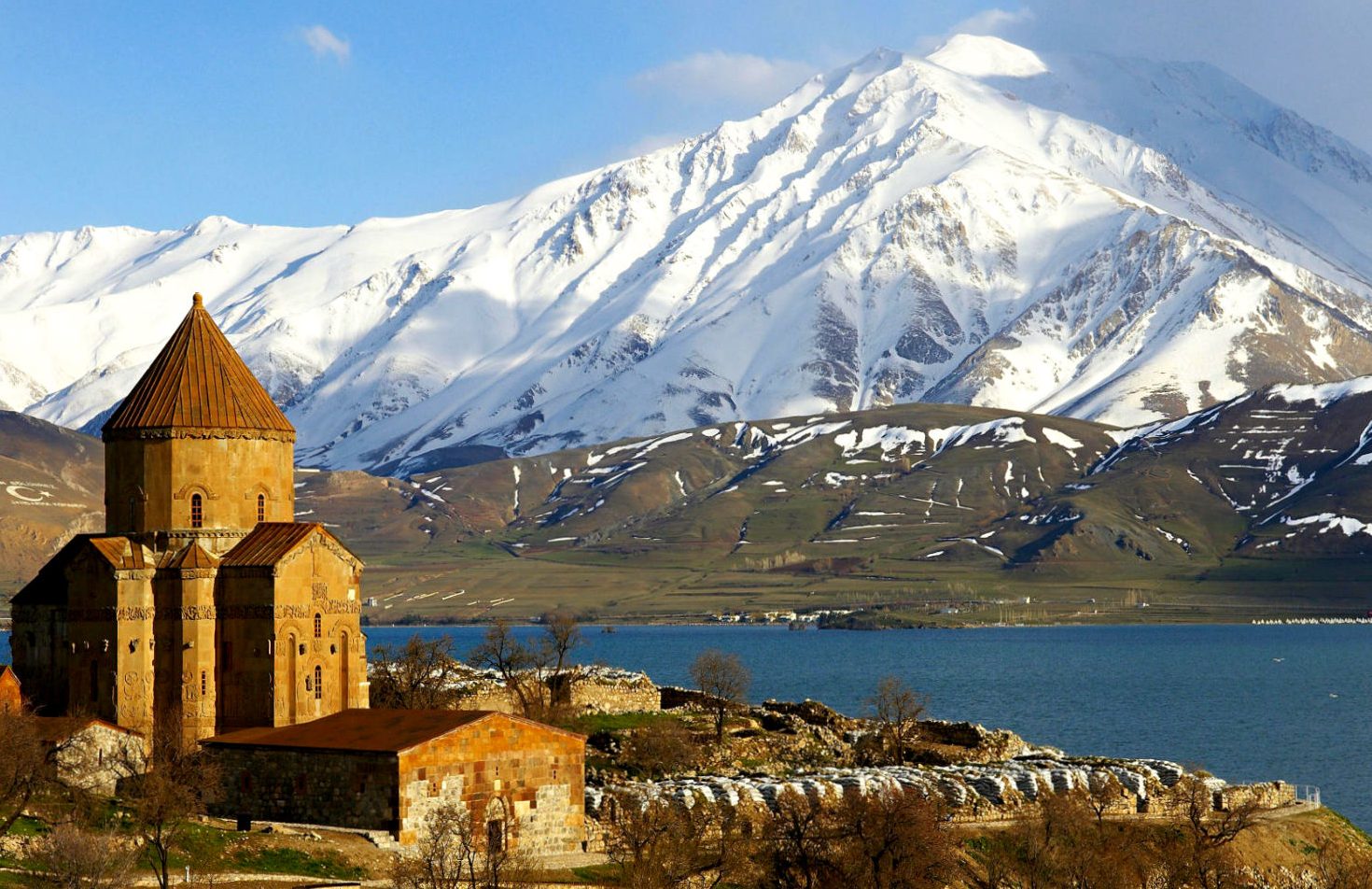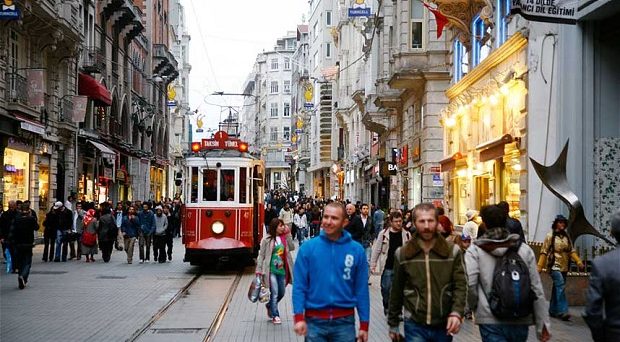Van Lake – Placid and solemn, spread out bet ween the mountains, more a sea than a lake, the clouds just brush its’ surface. These waters are witness to time eternal, a millennial observer of the region and its’ history…
Many tourists
“So many tourists used to come here that the hotels couldn’t; accommodate them all. Beds would be set up in lobbies, homes would be turned into guest houses, and some hotel staff would even invite guests to stay at their own homes”” Every citizen of Van, over the age of 35, starts their recolection of the “”Glorious Paste”” with these words. Not so long ago, only 20 years, as many as 150,000 tourists visited the area every year, and tales of this fairy tale period are passed on to new generations.
Van Lake – Then, capsized by terrorism, life in Van and the surrounding region was pushed into a ‘dark-age’. For years Van became the silent heart of an “”off limits”” area for domestic and foreign tourists. Now, many years later, the lake and region have become safe once again, and tourists; (today’s 20-somethings who have listened to the traveller’s tales of their elders) have begun to appear again.
But, even though the 15 000 tourists who visited this year are a drop in the ocean when compared to years past, they brought great hope to the region. There is joy that tourists are once again wandering the city’s streets; filling the hotels and visiting the shops and ruins. Happily, many Turks are included in the swell of tourists. With sights to make postcards lacklustre and enough historical sites to exhaust historians, the Van region deserves even more interest. Let’s wish the province a speedy return to the status it deserves and move on to reflect on the bright blue waters of Lake Van and its’ surrounding countryside.
Evening at Van Castle…
Van, known in ancient times as “”Tuspa ”, has a history stretching back some 7 000 years; beginning with the Hurri and then Urartu peoples. Developed great civilisations which left countless gifts of history. Without doubt the most magnificent of these is Tuspa or Van Castle built in 855 BC by order of the Urartu King Sardon I. It holds the first written Urartian document; engraved in Assyrian, on the Madir Bulwark and describing the construction of the fortress. Built of limestone rock and covering 1,800 metres, the castle was restored during the Ottoman period.





